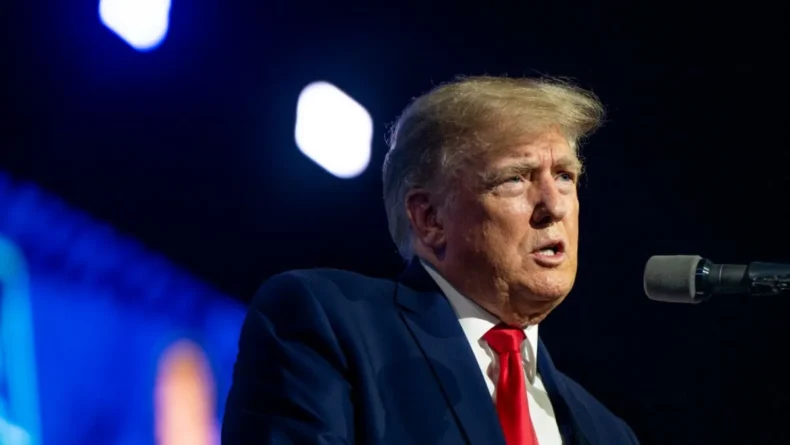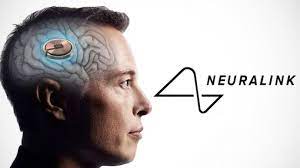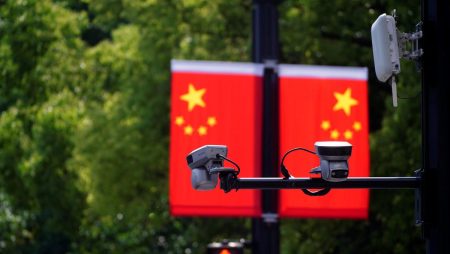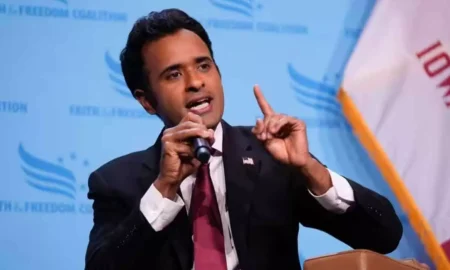Donald Trump, a former president, said on Friday that the Supreme Court’s decision to overturn Roe v. Wade “will work out for everybody.”
According to Trump, “this is upholding the Constitution and restoring liberties that should have been granted long ago.”
I think, in the end, things will work out for everybody, Trump said when asked if he had a message for any of his fans who might be pro-choice.
According to Trump, “this returns everything to the states where it has always belonged.”
Conservative Judges
After appointing three conservative justices to the high court, the former president was questioned about his participation in the decision to overturn Roe v. Wade and said to “God made a choice.”
Conservative Justices Neil Gorsuch, Brett Kavanaugh, and Amy Coney Barrett were all nominated to the Supreme Court by Trump when he was president.
With the addition of Chief Justice John Roberts, Justice Samuel Alito, Justice Clarence Thomas, Gorsuch, Kavanaugh, and Barrett, the high court now has a majority of conservative judges.
The majority judgement to overturn Roe v. Wade was dissented on Friday by the three Democratic-appointed justices, Stephen Breyer, Sonia Sotomayor, and Elana Kagan.
Abortion after 15 weeks of pregnancy was banned in Mississippi due to the decision in Dobbs v. Jackson Women’s Health Organization.
The Republican-led State of Mississippi challenged a lower court decision that blocked the implementation of the 15-week abortion restriction, which requested the Supreme Court to overturn the decision.
Women Have No Rights
A significant moral dilemma is raised by abortion. The Constitution does not prohibit each State’s residents from regulating or outlawing abortion. Roe and Casey abused that power.
We now overturn those rulings and give the people’s elected officials back control of that decision-making process, wrote Justice Samuel Alito in the court’s conclusion.
The opening of Alito’s judgement focused on Roe v. Wade and its conclusion that, notwithstanding states’ “legitimate interest in safeguarding “potential life,”‘” this interest was insufficient to forbid abortions before the moment of foetal viability, generally accepted to be at or about 23 weeks of pregnancy.
Even pro-abortion advocates have found it challenging to justify Roe’s logic, Alito said in the opinion. It is unclear why the court took this approach.
By reversing the historic Roe v. Wade decision, a woman “has no rights to speak of,” according to Breyer, Kagan, and Sotomayor, who wrote in their dissent that Roe and Casey “recognised the difficulties and divisiveness of the abortion question.”
The court was aware that American opinions on the “moral[ity]” of “terminating a pregnancy, even in its earliest stage” are fundamentally diverse, they claimed.
Furthermore, the court acknowledged that “the State has legitimate interests” in protecting the “life of the foetus if it becomes a child” “from the moment the pregnancy is begun.”
So, they added, “the Court found a balance, as it frequently does when values and purposes conflict.”
It was decided that the State might forbid abortions after embryonic viability as long as safeguards were in place to protect the life or health of the woman.
They stated, “Today, the court discards that balance. It claims that a woman has no rights whatsoever beginning with fertilisation.
Their statement stated that they dissent “with regret for this Court, but with a greater concern for the millions of American women who will lose this constitutional right.”













